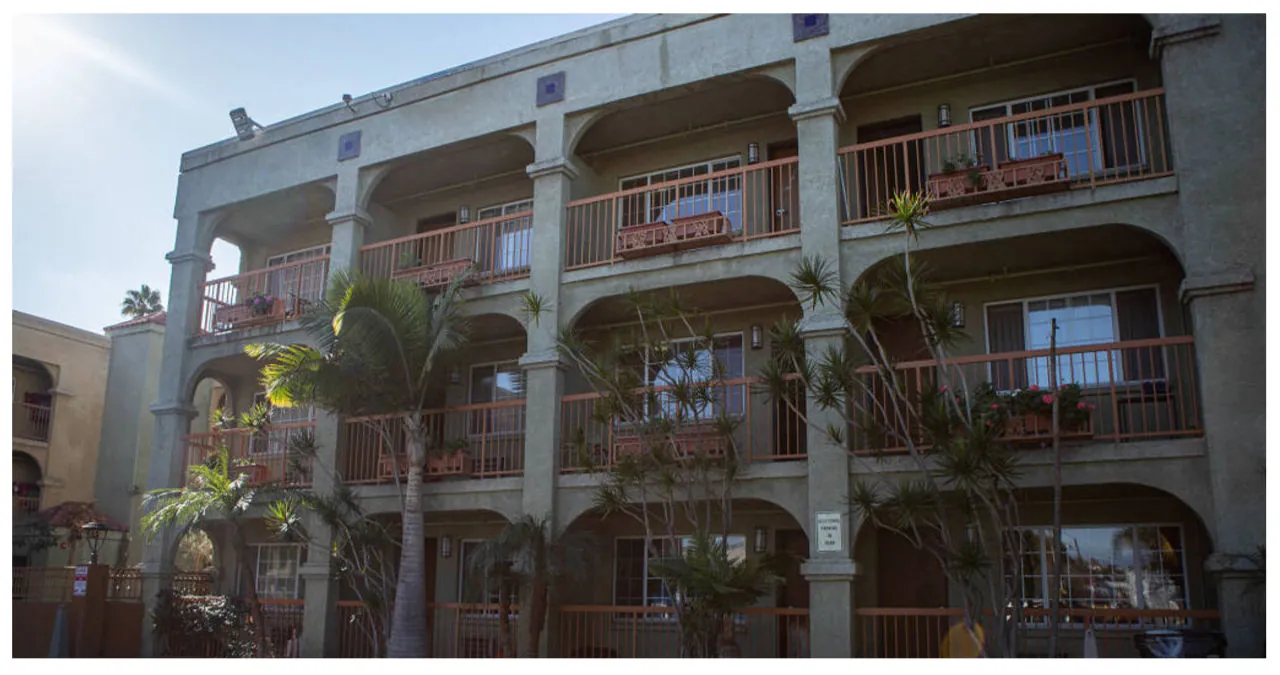aiexpress – The State Housing Department of California has filed a lawsuit against a developer in Los Angeles. The developer had defaulted on private loans taken out for seven motel conversions that were funded by the state. As a result, the homeless housing projects are now in danger of facing “imminent foreclosure.”
The California Department of Housing and Community Development, led by Attorney General Rob Bonta, has filed a lawsuit in Los Angeles County Superior Court against Shangri-La Industries. The suit aims to recover $114 million in state grants that Shangri-La Industries received from the Homekey program during the pandemic.
The $3.1 billion program provides grants to local governments, enabling them to convert motels or construct new permanent housing for Californians who are experiencing homelessness.
The lawsuit includes not only Shangri-La but also the cities that partnered with the developer to secure the grants, the nonprofit organization Step Up on Second that was supposed to offer services at the housing units, and the developer’s private lenders.
Shangri-La successfully secured grants for seven projects across San Bernardino, Ventura, and Monterey counties. These projects aimed to provide 500 permanent housing units, along with essential social services, to homeless residents.
According to a report by CalMatters last month, the future of these projects is now uncertain, causing challenges for several small cities that were relying on them to address the shortage of housing units and services for the homeless.
As of last December, three of those properties were already providing housing for formerly homeless Californians. During that time, the department initiated an investigation into the developer for potential violations of its contracts with the state.
According to reports from CalMatters and other media outlets, Shangri-La had obtained private loans for its seven projects and subsequently failed to meet the loan obligations, putting the motels at risk of foreclosure. Furthermore, contractors had filed multiple liens against Shangri-La’s projects, claiming that they had not received payment.
The department seemed to be unaware that the developer had taken out loans against the motels. In December, the state sent letters to the developer, stating that these loans were a violation of their contracts.
Additionally, the state raised concerns about Shangri-La’s failure to record use restrictions in six of the properties. These use restrictions are the legal terms attached to deeds that ensure the properties are used for affordable housing.
According to the state’s lawsuit, Shangri-La is being accused of contractual fraud. The developer should not have required additional funds, aside from the grants, to purchase the motels and successfully carry out the projects.
The department is requesting the court to appoint a receiver who will be responsible for managing the properties in the future. Additionally, they are seeking a court order to compel the projects’ local governments to officially document the use restrictions on the properties.
Shangri-La has not yet responded to the lawsuit in court. Unfortunately, CEO Andy Meyers could not be reached for comment via email today, and it seems that his phone number has been disconnected since December.
In a recent interview with CalMatters, Meyers expressed frustration with the state’s slow approval of the projects’ affordability restrictions. He attributed the subsequent defaults to a combination of factors, including high interest rates and other construction challenges. Meyers emphasized his determination to complete the projects, regardless of any action taken by housing officials or the attorney general.
According to Ryan Seeley, the general counsel of the housing department, Shangri-La is solely responsible for the issues it is currently facing.
According to him, Shangri-La has not fulfilled several financial obligations and has failed to address various contractual obligations to the state and the Homekey program.

